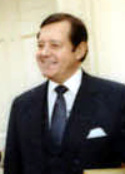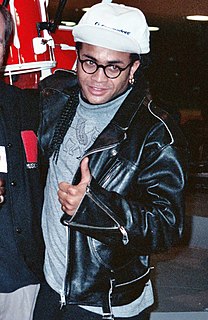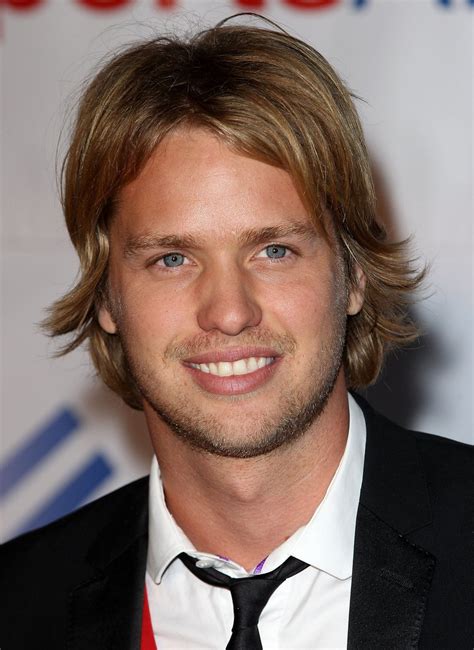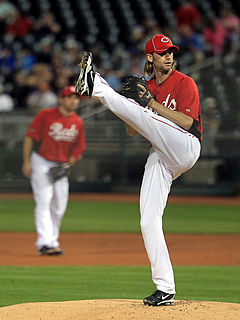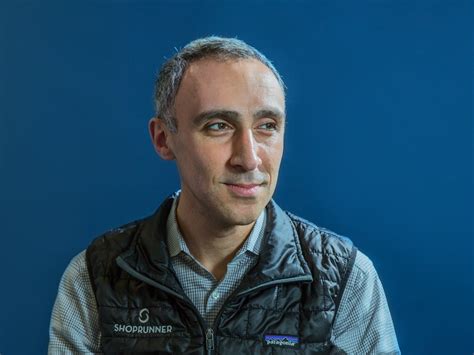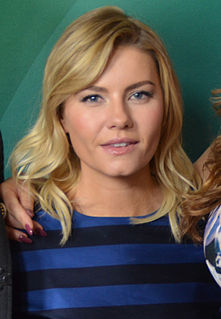A Quote by Aaron Patzer
Carefully calculate the potential size of your market to make sure you can grow. Before starting Mint, I knew that there were about 20 million people who had purchased 'Quicken' or 'Microsoft Money' over the years, and 80 million people using online banking in the U.S. alone.
Related Quotes
As the stars make more and more money - one person gets $12 million, $14 million, $15 million, $20 million - everyone else is expected to work for peanuts. And that includes some extraordinary actors who are, today, working for peanuts because the production companies have decided they don't need to pay these people, and they don't.
When I said that something was going to cost a certain amount of money, I actually knew what I was talking about. The biggest problem that we were having on the financing front was people with lots of money saying "you need more money to make this film [Moon]," and us saying "no this is the first feature film we want to do it at a budget where we sort of prove ourselves at the starting end of making feature films; we can do this for $5 million." That is where the convincing part between me and Stuart came, we had to convince people with money that we could do it for that budget.
It's all about special effects and explosions now. It leaves me just cold when I walk out of the theater. There's no heart; there's no soul. Movies used to be about people. It's as though we don't tell stories any more. The studios have to make money, and if you want to make $20 million, you have to spend $200 million.
In 1970, there were approximately 330,000 prisoners in the US. Today there are 2.3 million behind bars - more than any country in the history of the world. In 2009 alone there were 1.6 million drug-related arrests in the U.S. 1.3 million of these were for possession of drugs alone. Over half were related to marijuana. The forty-year war on drugs has cost $2.5 trillion.
The idea of a company that's earning money, not losing money, that's not, let's say 'industrially endangered,' to have just cutbacks so they can earn another $12 million or $20 million or $40 million in a year where no one's counting is really a horrible act when you think about it on every level. First of all, it's certainly not necessary. It's doing it at the worst time. It's throwing people out to a larger, what is inevitably a larger unemployment heap for frankly no good reason.





